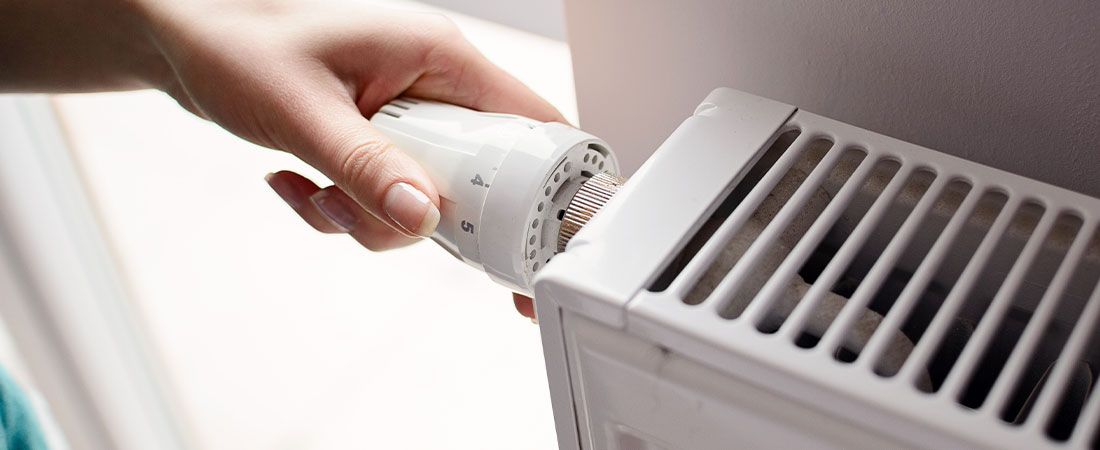Advice for cost savings in the electric bill

- Install double glazing in windows and/or doors. When purchasing a home, bear in mind the orientation of the structure because the more solar hours available to the windows, the less money you will spend on light and heat.
- Eliminate possible places for heat escape by closing cracks with a sealant or insulation.
- The ideal temperature of the home should be about 20 degrees.
- Every degree above this means a 5% to 7% increase in the energy requirement.
- Do not block radiators with objects or furniture. If the radiators are situated against stone or exterior walls, put a sheet of aluminium behind them so that the heat is reflected into the room.
- The heating can be turned off at night, since the temperature of the walls is maintained at about 15 degrees, ideal for sleep.
- Installation of a regulator-programmer makes it possible to adjust the temperature and set hourly programs to turn on the heating.
- In homes to be built, include a sheet of thermal insulation of at least one centimetre in the exterior walls.
- This contributes towards reducing energy consumption by up to 35%. In geographical areas with less sunlight (for example, Euskadi, the Basque Country) install large windows on the south side and smaller windows on the north.

- If you have a garden, plant trees that shed their leaves during winter. In the autumn when these trees lose their leaves the sunlight is allowed to penetrate.
- You must bear in mind that 28.6% of the total energy consumed in a home is due to the heating.
- The cost of the energy consumption in a home can be reduced by 10% if you so decide.
- Take care for your refrigerator and freezer and make sure that the doors are always properly closed. The refrigerator tends to account for 21% of the electric bill. Keeping the door open for long periods of time, or opening it unnecessarily, will increase its consumption. Likewise, every degree by which you intend to lower the temperature will increase the cost by 5%.
- Try to load the dishwasher completely, and do not use if it is not full.
- Using a microwave accounts for a 5% energy saving over the energy expenditure of heating foods in the conventional manner.
- Replace traditional or incandescent lightbulbs with fluorescent and halogen bulbs, or the more modern so-called low consumption ones.
- Turn off the lights in those places where they are not needed and try to use natural light as much as possible.
- A well insulated home reduces the necessity for heating and air-conditioning by 20% to 40%, , depending on the quality of insulation.
Other advice
- When cooking, cover the pots so as not to waste heat, which is a waste of energy
- Turn off the gas burner a bit before the cooking is finished and, if using an electric cooker, turn it off about 10 minutes before finishing, since the residual heat will be sufficient to finish cooking.
- The pressure cooker is a good option, since it is quick and saves time, money … and energy.
- Do not put hot food into the refrigerator to cool it, as this uses a great deal of energy.
- Keep the oven door closed as much as possible while cooking. Opening it causes a loss of 25 to 50 degrees.

